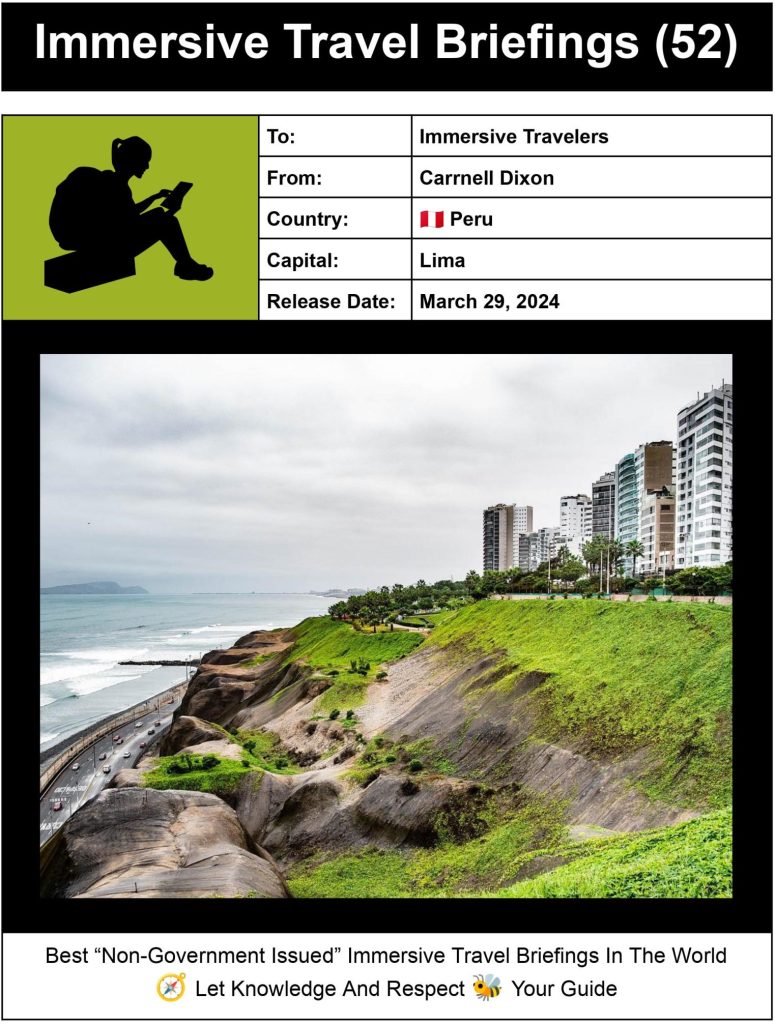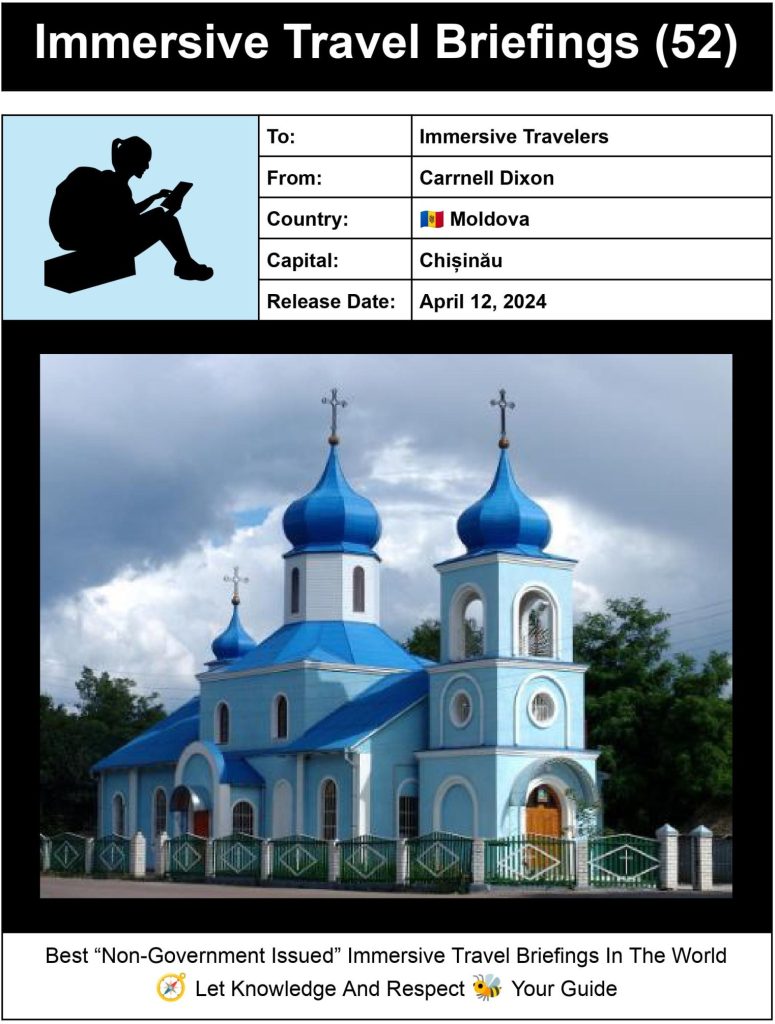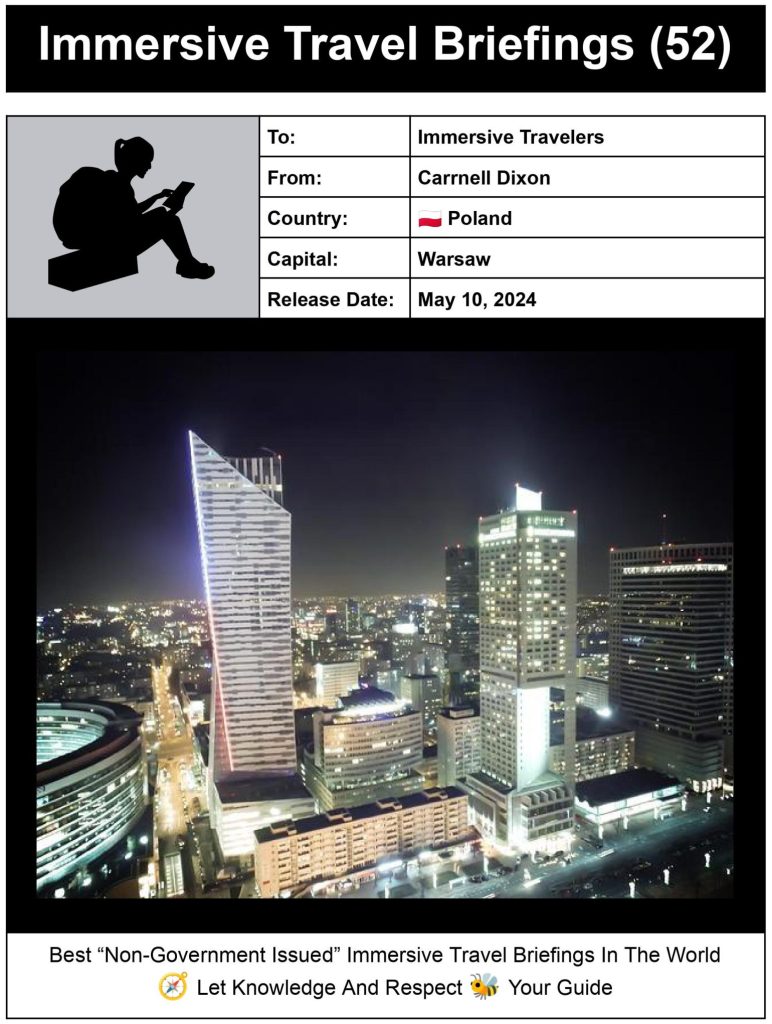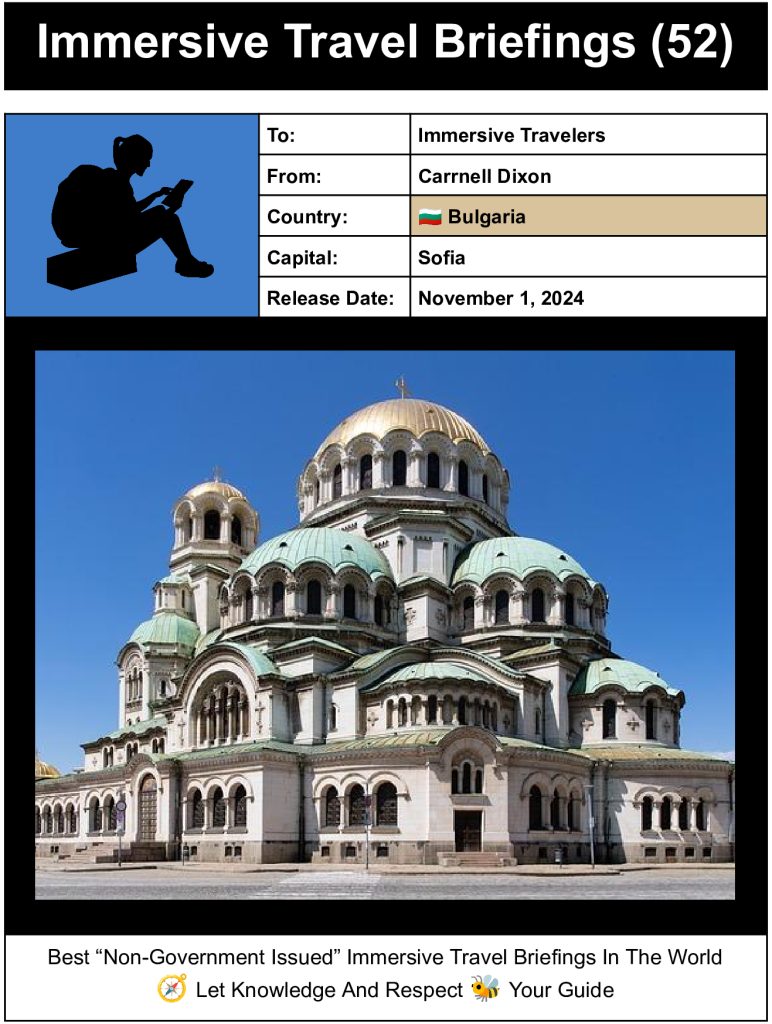.

The term “street smarts” is generally understood to refer to practical knowledge and common sense that’s gained through experience rather than formal education. It is often used to describe people who are able to navigate the world through difficult or unfamiliar situations successfully.
In the past, the term “street smarts” was more commonly used to describe people who had grown up in rough neighborhoods. These people were often seen as having a keen understanding of human nature and an ability to read people and situations.
The term “street smarts” is increasingly being associated with world travelers. The fact is, world travel has become more affordable and accessible in recent years and more people are now able to experience a wide variety of cultures, situations, and ways of life. As a result, world travelers are increasingly developing the skills and knowledge that are necessary to thrive in new and unfamiliar environments.
World travelers often learn to be resourceful, adaptable, and observant. They also learn to be aware of their surroundings and to take precautions to protect themselves from danger. These are all “street smart” qualities. The same practical knowledge and common sense qualities that are traditionally associated with street smarts.
So, whether you’re traveling to a big bustling city or a small remote village, the more knowledgeable you are about a country, the more your “street smarts” will be enhanced. If you currently lack knowledge, at least be informed. Being knowledgeable means having a deep understanding. Being informed means having or being prepared with the information.
There are many reasons why having/developing “street smarts” is important for world travelers:
◾Enhanced Situational Awareness: Understanding local customs and etiquette allows travelers to navigate social situations with confidence and avoid unintentional blunders. For instance, knowing appropriate greetings, gestures, and dress codes can prevent cultural faux pas and foster more meaningful interactions with locals.
◾Effective Communication and Bargaining: Grasping the local language, even at a basic level, facilitates smoother communication with locals, merchants, and service providers. This can be particularly helpful when negotiating prices or seeking directions. Even a few phrases can go a long way in establishing a rapport and conveying respect.
◾Deeper Cultural Understanding: Immersing oneself in a country’s culture provides insights into the local mindset, values, and beliefs. This understanding can help travelers interpret social cues, decipher unspoken rules, and anticipate potential challenges. It can also foster a deeper appreciation for the nuances of the local culture.
◾Avoiding Scams and Unnecessary Risks: Knowledge of common scams and tourist traps can help travelers safeguard their belongings and avoid potentially dangerous situations.
◾Improved Safety and Security: Understanding local safety concerns, crime patterns, and cultural norms can help travelers make safer choices about their movements, accommodations, and interactions. They can be more mindful of their surroundings, avoid risky areas, and take precautions to protect their belongings.
◾Enhanced Connection with Locals: Embracing local customs and traditions demonstrates respect and openness to the host culture. This can break down barriers, encourage positive interactions, and lead to more authentic and enriching experiences during the travel journey.
◾Enhanced Problem-Solving Skills: Knowledge about the country provides a framework for making informed decisions and navigating unfamiliar situations. Travelers can better assess risks, seek appropriate assistance, and find solutions to unexpected challenges.
In essence, being knowledgeable/informed about a country empowers travelers to navigate their surroundings with greater confidence. “Street Smarts” are an essential asset for world travelers. It can contribute to travelers having a more enjoyable and rewarding travel experience; versus just “CHARGING/BARGING IN” without a clue.
.




